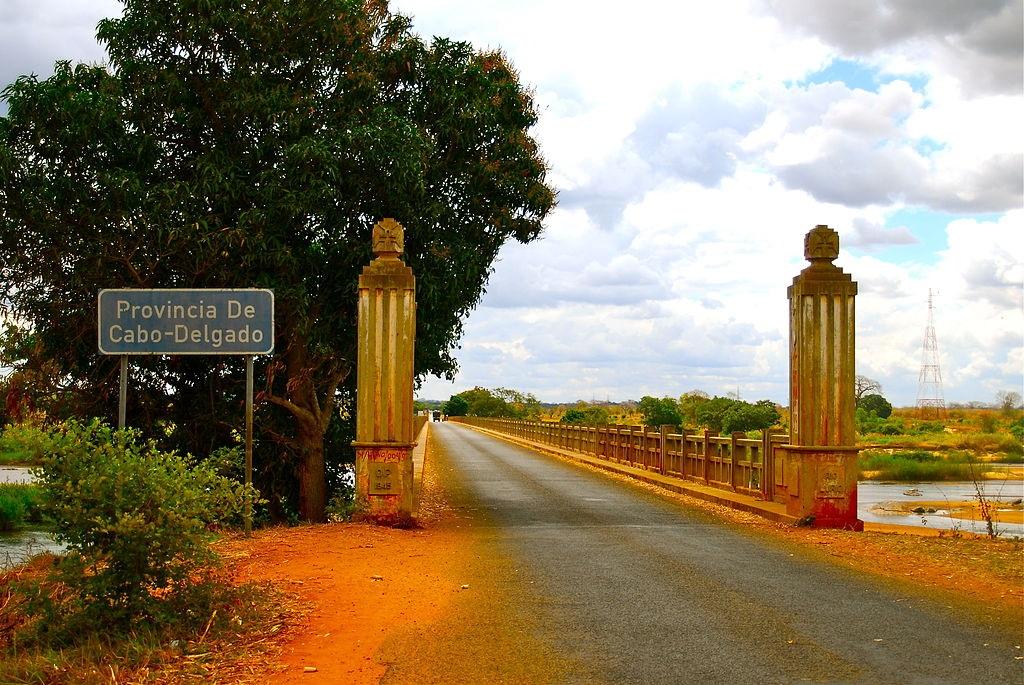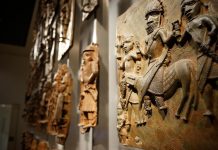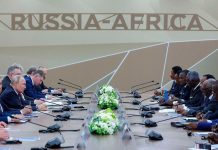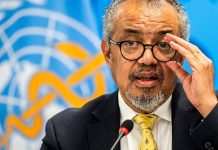Africa-Press – Mozambique. The terrorist groups known locally as “Al Shabaab” have wrecked the health and education services in those parts of the northern Mozambican province of Cabo Delgado where they operate.
In his address to the nation on Sunday night, President Filipe Nyusi said the terrorists had murdered eight teachers, and had displaced a further 1,736 who are now living in other Cabo Delgado districts. They had destroyed 46 schools, and 173 others had ceased to function. The jihadists had also destroyed five district education services.
“39 health units in the province are currently closed”, Nyusi continued .”11 health centres have been totally destroyed. 13 were damaged, and 15 closed for security reasons. Mocimboa da Praia, Quissanga, Macomia, Muidumbe and Palma districts no longer have any health services”.
Nonetheless, he declared that most of Cabo Delgado is under the control of the authorities – the exceptions are those parts of six districts where the terrorists are active.
“As a result of the commitment and courage of the defence and security forces we can state categorically that Mozambique remains a stable country”, the President declared.
The most significant recent terrorist attack was the incursion into Palma town on 24 March, where the jihadists had beheaded dozens of people, and destroyed homes, banks, shops and state facilities.
This attack had grabbed international attention because Palma town is only a few kilometres from the Afungi Peninsula, where the largest liquefied natural gas (LNG) undertaking in Adfrica is to be built, with investment estimated at 25 billion US dollars.
Nyusi believed the terrorists’ goal was to occupy Palma town definitively in order to make it impossible to continue the LNG projects in the Rovuma Basin, off the Cabo Delgado coast.
But action swift action by the defence and security forces had frustrated this goal, and the balance of forces in Cabo Delgado had now tilted in the government’s favour, the President claimed.
“To keep up the pressure on the terrorists, we have been making enormous efforts to restructure, train and re-equip our forces, to make them more efficient in facing present and future challenges ”, he continued. “Our mission is to make Mozambique a secure and peaceful country, free of terrorism. That’s what our people expect from their rulers”.
Following the defeat of the terrorists’ latest attacks against Palma, “patrolling and clear-up operations are continuing along the Quionga-Pundanhar axis (north of the town), Nyusi said.
In the neighbouring district of Mocimboa da Praia, “we have attacked and re-occupied the enemy position at Awasse, after we took their positions at Diaca, Roma and Nantili”, he added, where a large amount of military equipment was captured.
The latest clash, earlier on Sunday, was an attempt by the jihadists to retake Awasse, “and right now, the enemy is receiving a well-deserved response, with many of its men taken out, and others fleeing”.
But he warned against triumphalism, since there was no sign that the fight against terrorism is nearing its end.
That fight was not an exclusively military struggle. “Our action in the strategy to prevent and control violent extremism consists of promoting intensive development programmes and creating job opportunities in Cabo Delgado, Nampula and Niassa provinces. In this context, we set up the Agency for the Integrated Development of the North (ADIN) which is implementing a programme for conflict prevention and resilience, valued at over 100 million dollars”.
“We are aware”, Nyusi added, “that the lack of job opportunities is not just a motivating factor, but also a consequence of violent extremism and terrorism, hence our strategy includes measures to raise awareness against radicalisation”.
Nyusi ended his speech with the promise that “as Head of State, I shall not hesitate to take decisions that save the lives of each Mozambican”.






